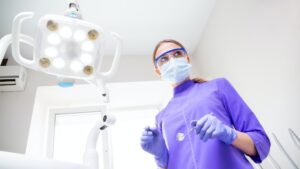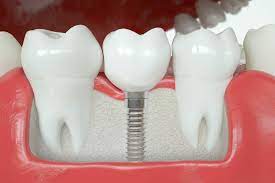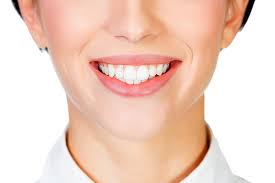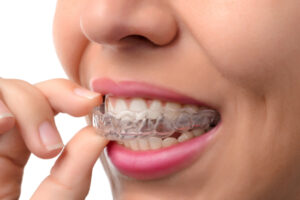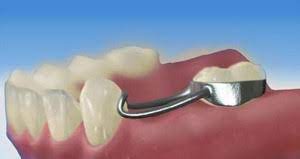If you need oral surgery, you should prepare yourself so the treatment goes smoothly, and you can heal quickly at home. The most frequent setting for dental oral surgery is an outpatient one, and dentists either utilize general or local anesthesia.
Patients need to approach oral procedures in the same way as any other surgery. To reduce the risk of infection, you must follow post-operative instructions and make many of the same preparations.
The following are some simple tips that may help in preparing for surgery:
Discuss Your Surgery in Detail
Surprisingly, when discussing dental surgery with an oral surgeon, patients usually become reluctant. They’ll pay close attention while the oral dentistry specialist goes over the procedure, anesthetic, and recuperation process with them, but they won’t ask any questions they find ridiculous or make them uncomfortable.
Don’t keep anything from being said. Inform your doctor of dental surgery if you have a medical issue or are having a procedure that you haven’t yet mentioned. It includes any prescription or over-the-counter medications you might be taking. The more information the dentist has, the more issues and potential drug interactions they can help you prevent.
Ask how safe it is and if there are any alternative options if you have concerns about any aspect of the procedure, such as the type of dental anesthetic in use. It is your right to be aware of these facts, not a matter of courtesy.
Make sure your insurance will cover the surgery and that you won’t have a big shock if a dispute arises.
Arrange Post-Operative Care and Transportation
Although this advice may seem obvious, people often overlook the implications of some oral surgeries.
Generally, it is best to have a friend or member of your family drive you to and from the office. Don’t deceive yourself into thinking you can drive if this isn’t possible. Even local anesthetic may impede your reflexes and reduce your driving stability. You should not drive for 24 to 48 hours after surgery if you have general anesthesia.
If you choose to take a taxi or use an app such as Uber, wait to order the service until you are assured it is safe to leave before you do so.
Know the Regulations Regarding Eating, Drinking, and Smoking
You must adhere to the preoperative instructions as anyone having surgery if your surgeon is using an intravenous (IV) or general anesthesia for oral sedation.
Generally, you should wait eight to twelve hours before your procedure to eat or drink anything, even water. You might be permitted to eat a light meal one to two hours before the surgery if a local anesthetic is necessary, but ensure you brush and floss your teeth thoroughly before the procedure.
It’s also crucial to note that you must abstain from smoking for at least 12 hours before and for at least 24 hours following emergency dental surgery.
Dress for the Surgery
For your operation, wear comfortable clothing. Wear loose-fitting, comfortable clothing with short sleeves. If you have an IV drip scheduled, this is crucial.
Even though the doctor and staff will try their best to keep your clothes from getting stained, you might want to wear something you don’t mind getting dirty, just in case. In addition
- Avoid wearing jewelry because the dentist may ask to take it off before some operations.
- Avoid wearing contact lenses while under general anesthesia because your eyes may be closed for a long time.
- Do not use lipstick or cosmetics but remember to bring lip balm as you may have chapped lips after the surgery.
Make a Post-operative Diet Plan
Prepare a menu of easy-to-chew soft foods to eat after oral surgery. Eat less hot and acidic food to prevent gum irritation. During your initial healing, protein drinks like Boost, SlimFast, or Ensure are fantastic providers of nutrients. Other quick-cook dishes like oatmeal are also excellent.
Avoid drinking via a straw, even though it might seem sensible to do so, especially after tooth extractions.
Sucking through a straw might result in the painful condition known as a dry socket, which may require further treatment at the dentist.
Dental Services in Dallas, Tx at Smile Lab Dallas
Contact Smile Lab if you’re seeking dental services in Dallas. To ensure your dental procedures go as easily as possible, our board-certified dentist in Dallas, Tx, uses cutting-edge technology and safe anesthesia. Call us or stop by our office to schedule an appointment.
